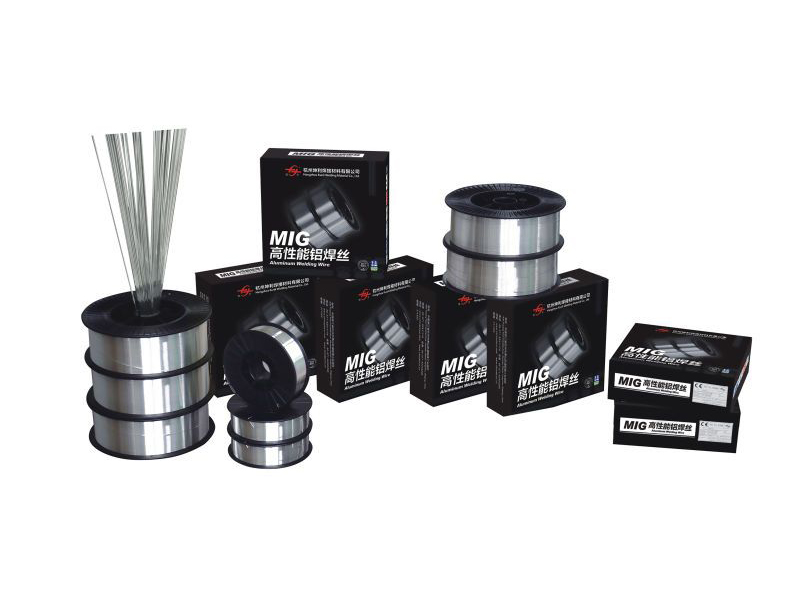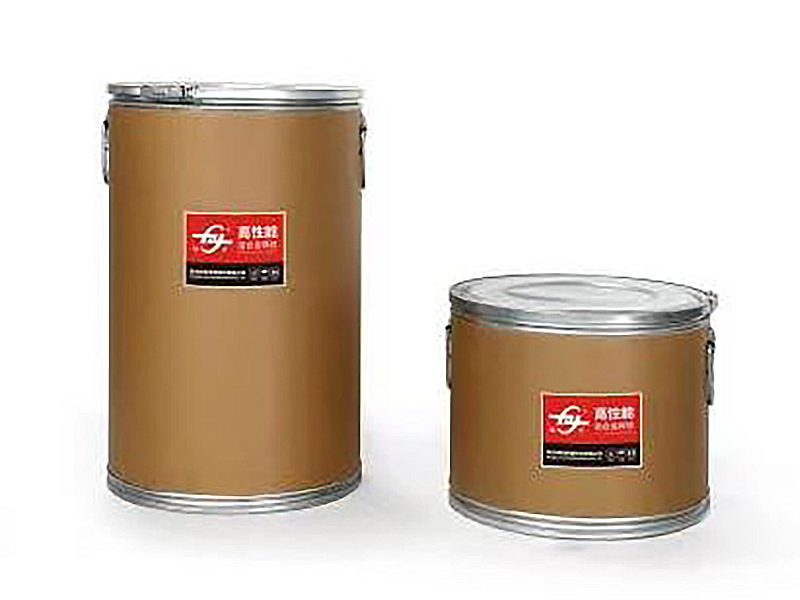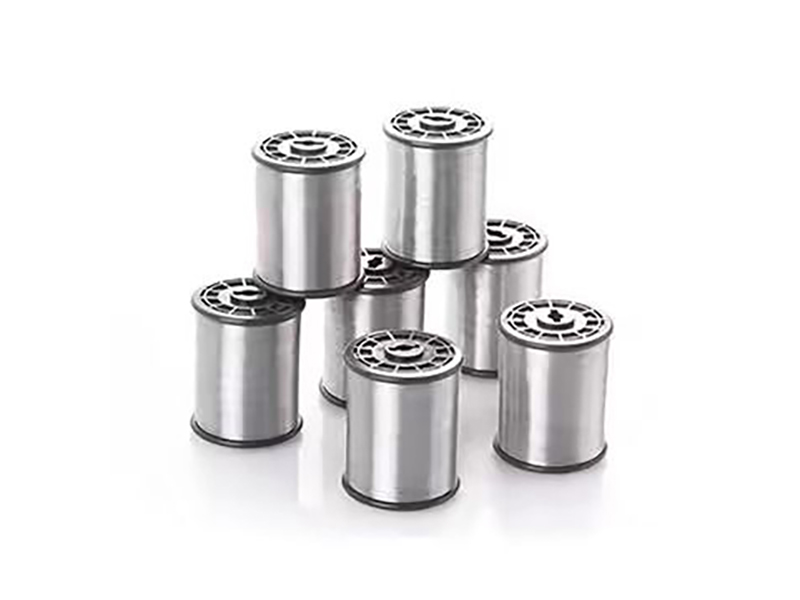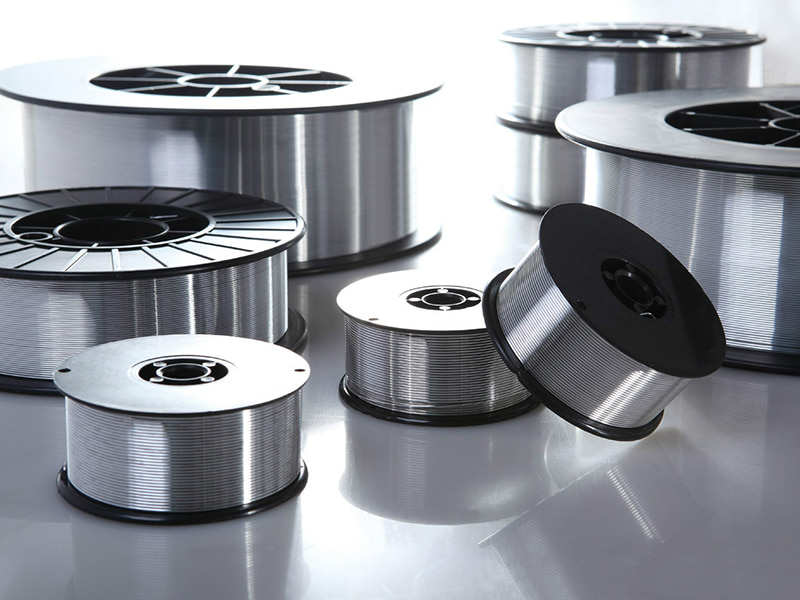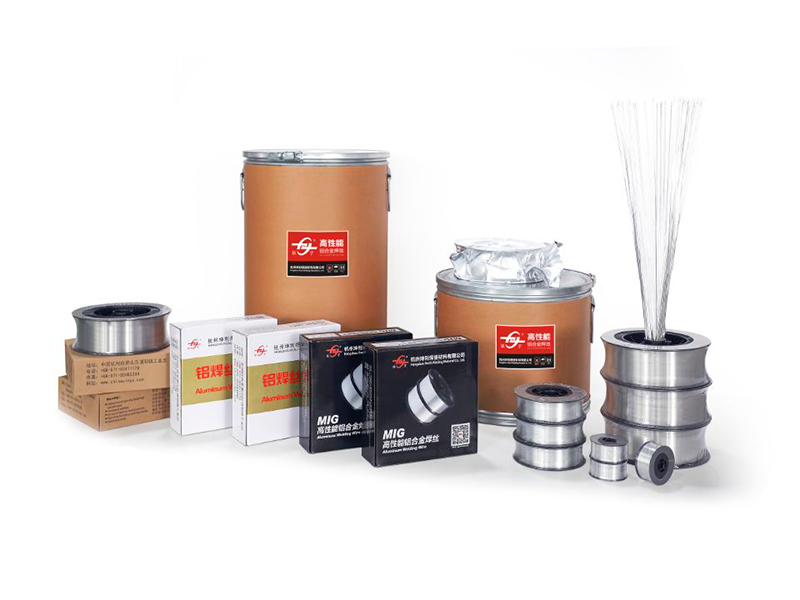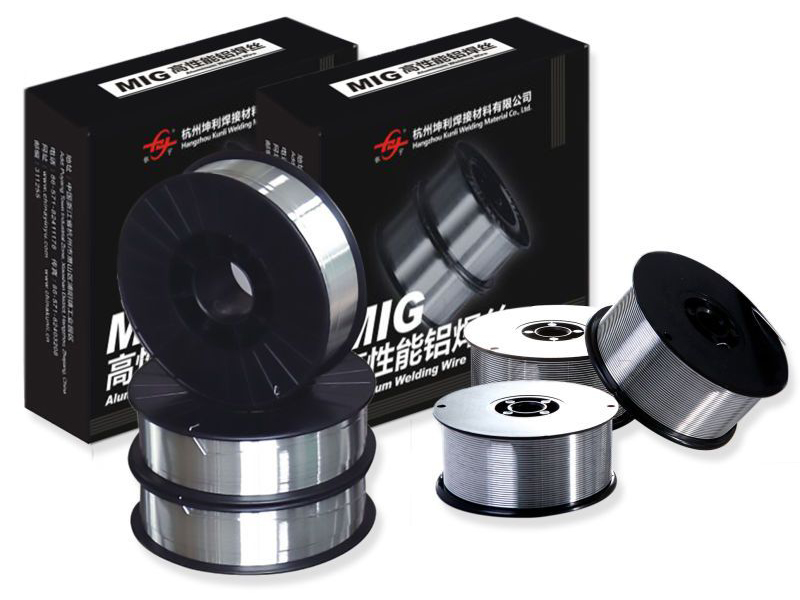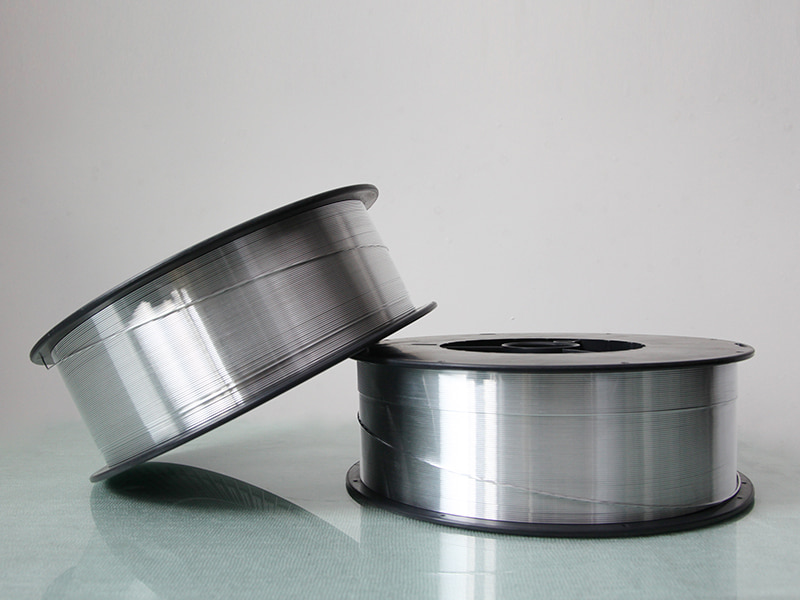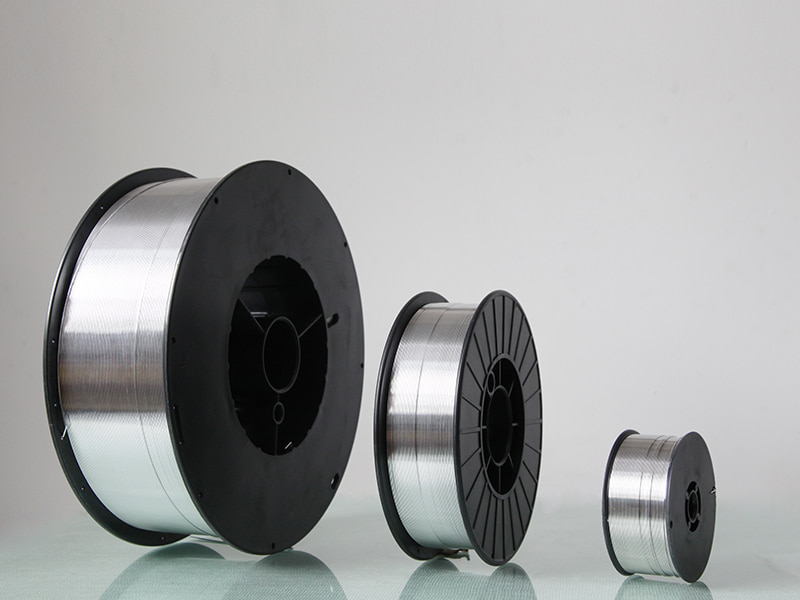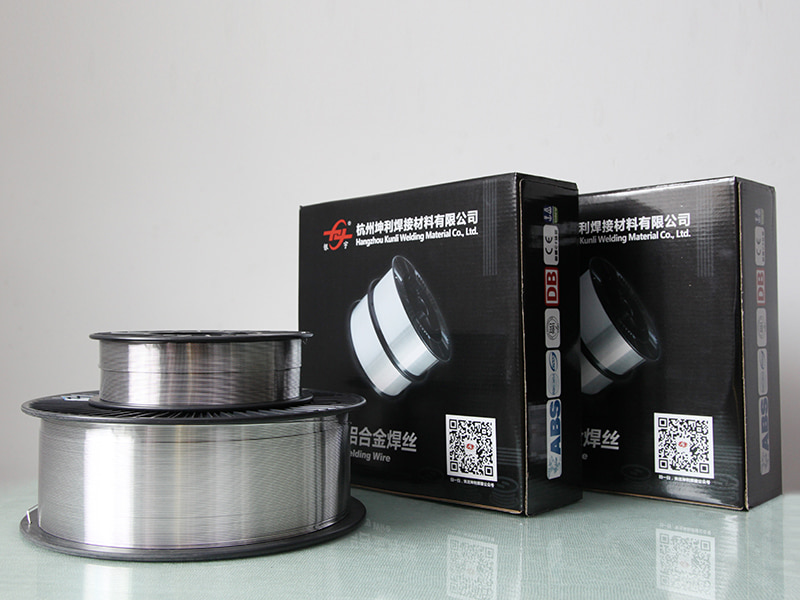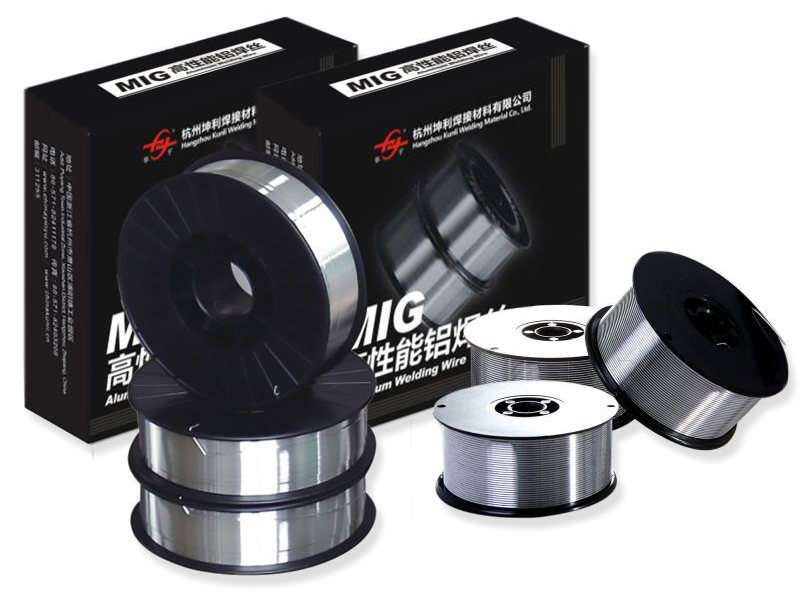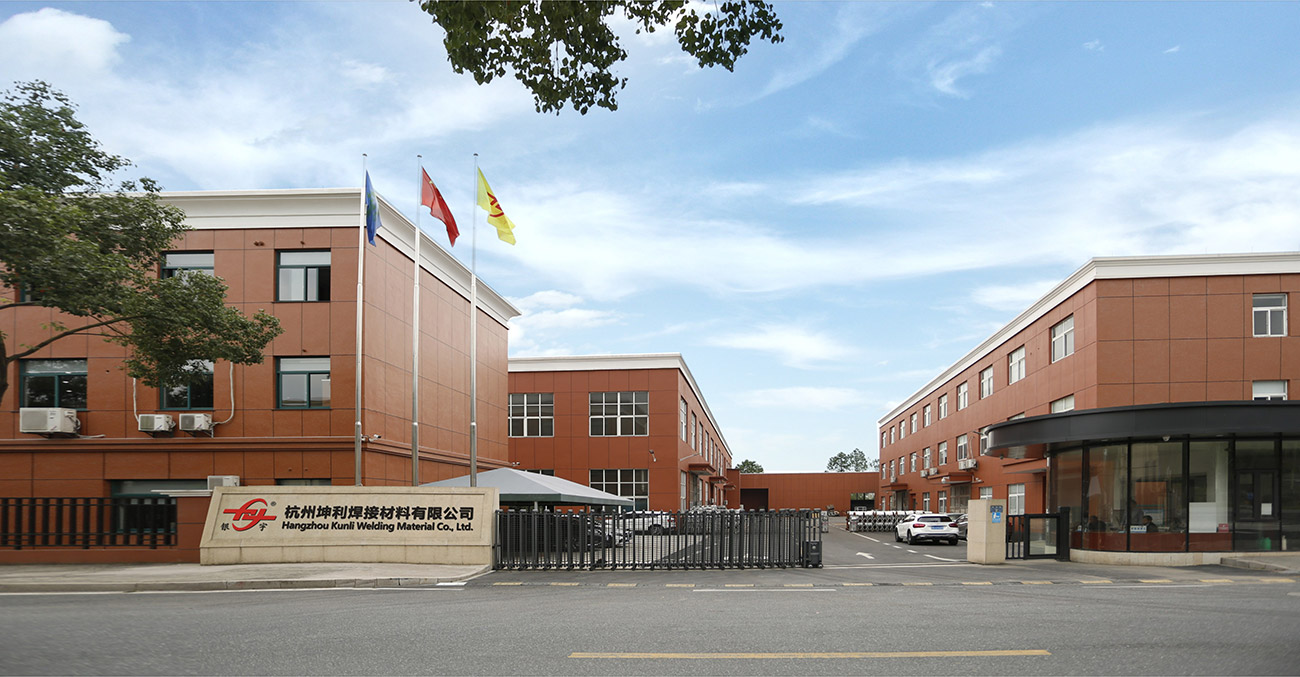Introduction
DNV GL approval is mandatory for materials used in constructing and repairing vessels, offshore structures, and pressure equipment that are required to meet their stringent class rules. Our DNV GL-certified aluminum wires—including the high-strength and cryogenic alloys—are continuously monitored and audited to ensure they maintain the required properties for critical welds in harsh marine and sub-zero environments. This certification provides an internationally recognized guarantee of quality and performance for shipyards and offshore fabricators globally.
Specification
| Certification | DNV GL (formerly DNV/GL) Product Type Approval |
| Applicable Standard | DNV GL Rules for Classification of Ships, Offshore Units |
| Material Focus | ER5183, ER5356 (for marine), specialized cryogenic alloys |
| Key Property | Corrosion resistance, Toughness, High fatigue life |
| Auditing | Subject to annual DNV GL manufacturing and material audits |
Applications
Structural welding of hulls, superstructures, and components for DNV GL-classed vessels (including yachts, ferries, and LNG carriers).
Fabrication of pressure vessels and piping for offshore oil & gas platforms.
Cryogenic service welding for LNG tanks and storage facilities.
Any marine application requiring compliance with the International Maritime Organization (IMO) standards.
Payment and Shipping
Documentation: Provision of the DNV GL Type Approval Certificate and supporting MTCs with every relevant shipment.
Logistics: Dedicated service to global shipbuilding centers (South Korea, China, Europe, USA).
Volume Support: Capable of supplying the massive volumes required for large-scale shipbuilding projects (e.g., cruise ships, carriers).
 English
English Deutsch
Deutsch
 English
English Deutsch
Deutsch

